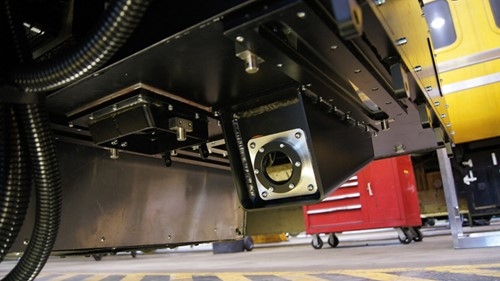
After two-and-a-half years in a Knowledge Transfer Partnership a machine-learning technology has been developed to digitalise and automate the way in which railway line inspections are carried out.
Project aims for self-powered railway track monitoring in real time
In use, inspections are carried out by a camera attached to the front of a train, which captures high-definition images of the rail track to generate data that is analysed for inaccuracies and faults. In addition, the technology assists in identifying where faults may occur, allowing preventative measures to be taken.
“These machine vision technologies for high-speed rail inspection will improve the reliability of the railway network, reduce costs and increase the safety of manual inspection,” said Prof Richard Wilson, lead researcher on the project from the Department of Computer Science at York University. “The computer vision and machine learning technologies provide automated inspection of complex assets such as junctions and crossings.”

The automated technology is now being taken from proof-of-concept into a commercial grade software that is expected to minimise human exposure to live track environments.
Stephen Tait, head of operations for Omnicom Balfour Beatty and project lead, said: “Our collaboration with [York University] has been invaluable; this latest innovation is an excellent example of how Balfour Beatty continues to deliver our commitment to reduce our onsite work by 25 per cent by 2025 as we progress against our commitment to develop technologies to evolve the digital railway for a more reliable, cost efficient and safe network for all users.”
This Knowledge Transfer Partnership project has been funded by UK Research and Innovation through Innovate UK.





Nanogenerator consumes CO2 to generate electricity
Whoopee, they've solved how to keep a light on but not a lot else.